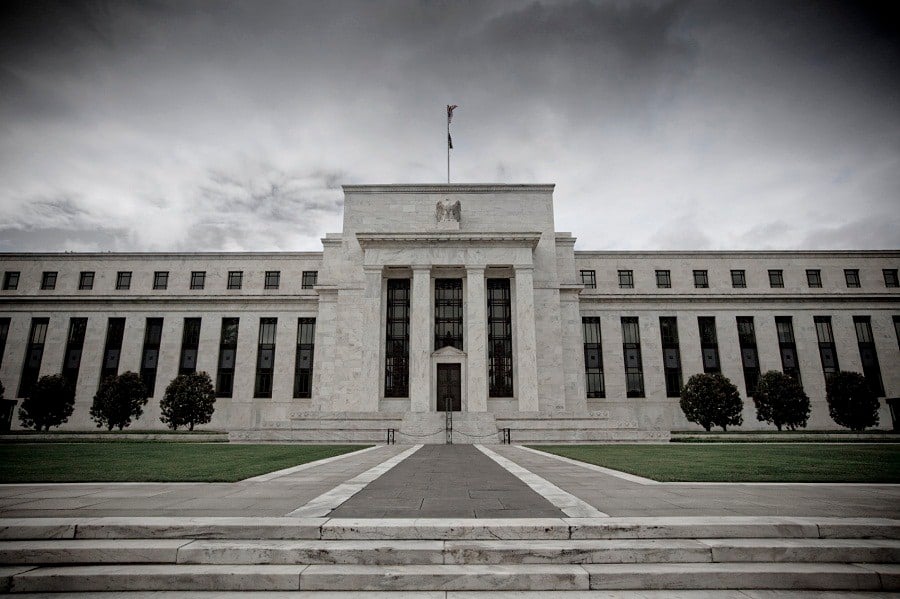

Cryptocurrency took center stage on Capitol Hill last week as Sen. Elizabeth Warren, D-Mass., floated the idea of creating a central bank digital currency issued by the Federal Reserve, in one of most focused debates yet on the fate of digital assets.
A centralized cryptocurrency could help improve the speed and efficiency of financial transactions and open up financial tools to underserved communities, but it could also upend the current crypto investing marketplace.
By backing a central digital currency with the dollar, the asset would presumably be backed and guaranteed by the U.S. government. The Fed has said it is exploring the issue.
The big problem with decentralized cryptocurrencies is that unlike the U.S. dollar, the value of those assets fluctuate wildly. Warren cited Dogecoin, which increased tenfold before declining by nearly 60% in the last two months alone. The current state of crypto might work for “speculators and fly-by-night investors,” she said, but it’s not at all useful for consumers looking to make everyday purchases or cash a paycheck.
And despite the promise to improve the safety of the financial system, lawmakers are still struggling to look beyond the threats crypto poses, like ties to funding terrorism and the potential for Bitcoin mining to suck up vast amounts of energy and harm the environment.
In contrast, Warren said a system to create a digital dollar might increase competition — especially innovation in payments systems — much as the internet helped usher in the age of the information superhighway decades ago.
“Crypto has significant problems, but our current payment system also has significant problems,” Warren said. “Both the government and banks have dragged their heels for years, resisting innovation and evidently taking the same hide-and-wait approach to facing the worldwide movement into cryptocurrencies.”
Warren may be right, and the discussions on Capitol Hill go a long way to normalize and legitimize digital assets and a technology that could pave the way for sweeping change in the financial services industry.
The conversations are also good for advisers who are desperately waiting for more clarity. Uncertain regulatory environments and concerns about safe custody and fraud are all issues that have kept advisers on the sidelines in the race to offer crypto to clients. A recent white paper by InvestmentNews Research found 37% of advisers surveyed would reconsider recommending cryptocurrencies once more oversight is in place.
Since Bitcoin rallied to all-time highs earlier this year, advisers have asked repeatedly, “When will the digital currency be suitable to use in client portfolios?” Unfortunately, there aren’t many concrete answers.
The percentage of advisers who report allocating cryptocurrency in client accounts, however, rose nearly 50% last year, according to a January survey. More notably, client interest in crypto also increased, with 81% of surveyed advisers reporting that they had received a question from a client sometime in the past 12 months.
The government should address cryptocurrency issues head-on in order to protect consumers from what Warren called the “Wild West” of investing, not only to protect investors but to get ahead of digital currencies that — much like the internet of the early '90s — may eventually usher in the next revolution in financial services.

A Texas-based bank selects Raymond James for a $605 million program, while an OSJ with Osaic lures a storied institution in Ohio from LPL.

The Treasury Secretary's suggestion that Trump Savings Accounts could be used as a "backdoor" drew sharp criticisms from AARP and Democratic lawmakers.

Changes in legislation or additional laws historically have created opportunities for the alternative investment marketplace to expand.

Wealth managers highlight strategies for clients trying to retire before 65 without running out of money.

Shares of the online brokerage jumped as it reported a surge in trading, counting crypto transactions, though analysts remained largely unmoved.
Orion's Tom Wilson on delivering coordinated, high-touch service in a world where returns alone no longer set you apart.
Barely a decade old, registered index-linked annuities have quickly surged in popularity, thanks to their unique blend of protection and growth potential—an appealing option for investors looking to chart a steadier course through today's choppy market waters, says Myles Lambert, Brighthouse Financial.
